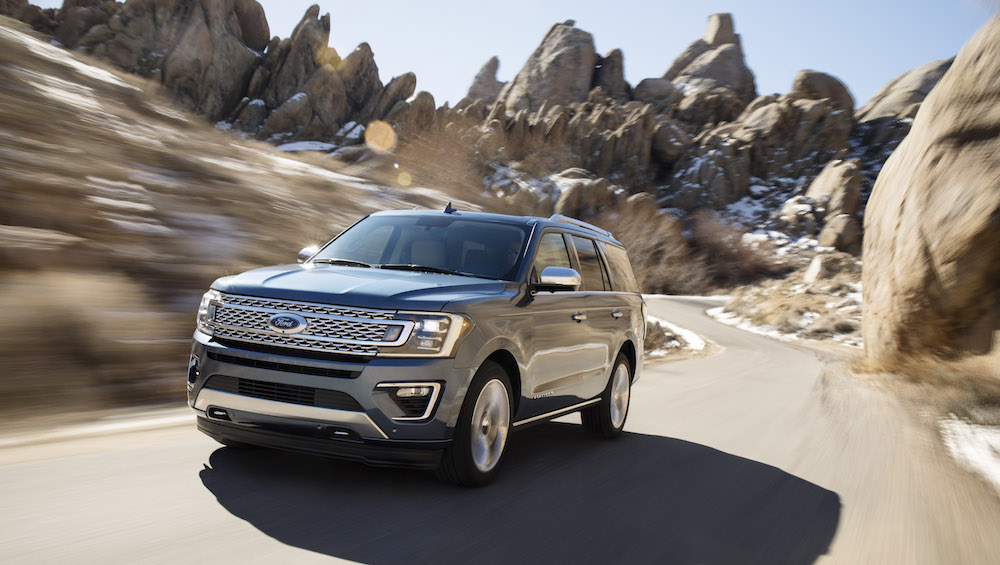While public transport can be helpful for urban life, driving can give you the freedom and convenience that trains and buses can’t always provide. A quick dash to the shops or a late-night trip is often simpler with a car.
City driving brings its own set of challenges, from rush-hour traffic to securing a parking space. To make car ownership hassle-free, check out our guide below.
Choosing the Right Vehicle
The car you choose can make a real difference in your driving experience. Urban environments in the UK necessitate vehicles that are compact enough to handle tight parking spaces and narrow historic roads, while still being fuel-efficient and comfortable.
Fuel economy should be one of your top priorities when looking for a car. Stop-start traffic can eat into your mileage, so look for models with low running costs. It’s worth considering hybrid or electric options, which can be more cost-effective in the long run and may help you avoid charges in Clean Air Zones.
If you live in or near a city with emissions restrictions, such as London’s Ultra Low Emission Zone (ULEZ), take the time to check that your car meets the necessary standards to avoid paying daily fees. In cities across the UK, you’ll find car supermarkets, including Sheffield used car dealers, that stock compact hatchbacks and small SUVs that balance performance and ease of parking, designed for city life.
Understanding Urban Costs and Regulations
Car ownership involves more than the initial price tag. You’ll need to budget for ongoing costs such as insurance, road tax, MOT tests, and maintenance. In cities, there are additional expenses to consider, including residents’ parking permits, tolls, and congestion or low-emission zone charges.
London drivers must account for the ULEZ, which applies to most vehicles that don’t meet strict emissions standards. Other cities, including Birmingham, Bath, and Bristol, have introduced
Clean Air Zones with similar fees. Even if your city doesn’t currently have one, it’s worth checking local government plans, as these schemes are becoming more common.
Your local council’s website will provide details on parking permits and restricted streets. Knowing the rules can help avoid costly penalties from cameras that read your license plate.
Navigating Parking and Traffic
Parking is a significant challenge for city drivers, as spaces are limited in busy residential and commercial areas. To reduce stress, it’s worth identifying parking solutions well in advance.
Research nearby car parks and multi-storey facilities before you buy your vehicle.
You may also benefit from designated resident zones in your area. If you’re commuting, there may be parking options near your workplace. Some employers offer discounted or secure parking schemes.
Modern parking apps can be a lifesaver, showing you available spaces in real time and allowing you to pay without dealing with an irritating parking meter. Avoid rush hours that double or even triple your journey time whenever possible. To plan the quickest route and avoid gridlocked roads, check Google Maps or Waze.




